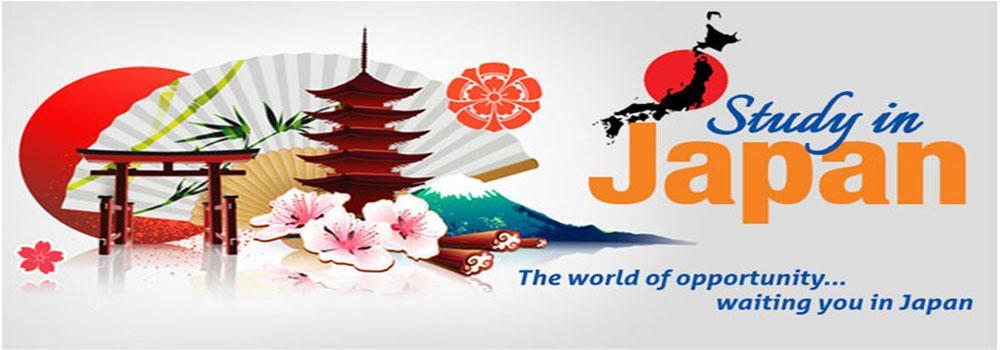



Japan is one of the safest countries in the world. Violent crime is rare, with Japan ranking last in the number of victims of crime per capita (nationmaster.com). Japan regularly turns up on lists of the safest places to visit in the world. Japan also has one of the world's most advanced healthcare systems, reflected in this high life expectancy. Members of the National Health Insurance scheme pay only 30% of their healthcare costs, with a trip to the doctor or dentist often costing only a few hundred yen.The OECD ranks Japanese high school students number one in the world for maths, and number 2 for scientific literacy. Japan has the highest number of Nobel prize winners of any Asian country, and the second highest of any country since 2000. 49% of Japanese High School graduates enter university. Japan has over 700 universities, with 10 ranked in the top 200 worldwide.
Tuition fees are comparatively cheap in Japan. While an "in state" student in the US may spend $10,000 a year or more on tuition, with "out of state" and international fees being several times higher, tuition fees at Japanese public universities are a mere 535,800 yen (approx $5,500) a year. Furthermore, at Tsukuba the regular entrance fees and first semester tuition fees have been waived for undergraduate English program students. Partial and full tuition fees waivers are even possible for high achieving students from poorer backgrounds.
Furthermore, a wide range of scholarships are available, both from the university, and from public and private organizations. A limited number of Tsukuba scholarships are available, paying a monthly living allowance, and a travel allowance (first year only). A wide range of other scholarships are available, with some directed towards specific nationalities, women, minorities, or those with high level Japanese proficiency.